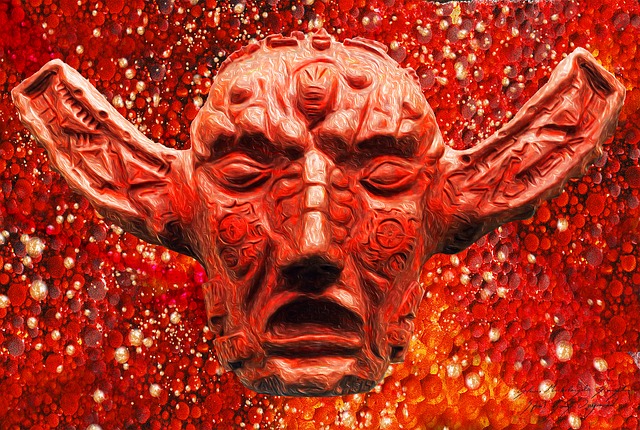Once upon a time, in a universe existing primarily in the spaces between computers, two stalwart adventurers met on the road. One, an adventurous musician with a weakness for rubber chickens. The other, an idealistic lunatic with a penchant for awkward linguistic constructions. Both had a fondness for mischief and strong drink. And so a beautiful friendship was born, and thus many dubious enterprises took shape (mostly for their own amusement, but sometimes with an incidental side effect of bringing enjoyment to all).
It was a cold night in December when Celestina (that would be the idealistic lunatic, for the uninitiated) sat straight up over her bottle, struck to the very core with a brilliant idea (only an idea of this magnitude could have made her sit up straight at this point, as she was at least halfway through a fifth of scotch): for years she had been selfishly using her unique skillset only for her own amusement, when clearly it had been gifted to her for a higher purpose: The service of all mankind! Caught up in the beauty of her vision, she quickly emailed the only other person she knew uniquely qualified to participate in an endeavour of this magnitude, the adventurous musician known as Walt D. Upon receiving her urgent missive, Walt was struck by the knowledge that his entire life had been propelling him toward this moment, and so a new venture was conceived in the spirit of sacrifice, service, and inebriated camaraderie.
